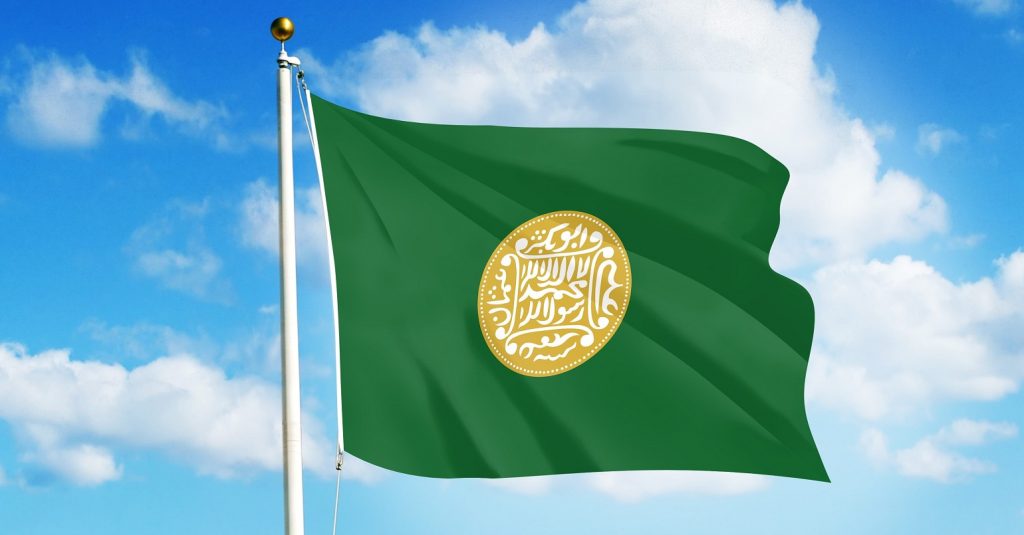One million Rohingya refugees in Bangladesh face little prospect of returning home, Human Rights Watch claims

The one million Rohingya refugees currently in Bangladesh face little prospect of safely retuning home, Human Rights Watch has claimed. The organisation has made the statement six years after the military in Myanmar initiated a campaign of atrocities in Rakhine State on 25 August 2017.
According to Human Rights Watch, refugees who fled to Bangladesh in 2017 are now living in sprawling, overcrowded camps and experience both restrictions from authorities and violence from armed groups. Human Rights Watch also say that the 600,000 Rohingya who remain in Myanmar are ‘effectively detained by junta authorities under a system of apartheid’.
Shayna Bauchner, Asia researcher at Human Rights Watch, said: “Rohingya on both sides of the Myanmar-Bangladesh border are trapped in stateless purgatory, denied their most basic rights, awaiting justice and the chance to go home”.
Bauchner added “Instead of addressing these issues head on, UN Security Council inaction and government aid cutbacks are leaving Rohingya in even more desperate straits.”
Rohingya in both Bangladesh and Myanmar describe a pervasive sense of hopelessness that grows each year as restrictions increase and conditions deteriorate on both sides of the border, Human Rights Watch claim.
Since the military coup in Myanmar on 1 February 2021, thousands of Rohingya have been arrested for ‘unauthorised travel’ and have ben subjected to new movement restrictions and aid blockages in Rohingya camps and villages. According to Human Rights Watch, the military junta’s actions towards the Rohingya amount to apartheid, persecution and deprivation of liberty – all of which are crimes against humanity.
Meanwhile, Rohingya refugees in Bangladesh have told Human Rights Watch of new barriers to education, livelihoods, and movement that are similar to the restrictions they faced in Myanmar.
“We have lost six years here,” a Rohingya woman told Human Rights Watch. “I am human. Why have I been treated this way throughout my life? I have millions of these thoughts every day.” Without recognized legal status in Bangladesh, Rohingya refugees are on a precarious footing under domestic law, making them vulnerable to rights violations.
According to Human Rights Watch, Bangladeshi authorities have failed to provide protection or maintain security in the face of violence in refugee camps at the hands of armed groups and criminal gangs. Human Rights Watch says refugees report facing layers of barriers to police, legal and medical restrictions.
The 2023 UN Joint Response Plan for the Rohingya humanitarian crisis has received less than one-third of the US$876 million sought in donor contributions, Human Rights Watch claims. The NGO argues that the shortfall has led the World Food Programme (WFP) to cut Rohingya food rations by a third since February, down from $12 to only $8 a month, increasing malnutrition, disease, and desperation among refugees. Rohingya and humanitarian workers report that the ration cuts are already having medical and social consequences.
“With the ration cuts, we don’t have enough food to serve ourselves,” a Rohingya volunteer said. “Think about the little kids in our families or the pregnant women. They’re all affected.”
PS. We hope you enjoyed this article. Bright Green has got big plans for the future to publish many more articles like this. You can help make that happen. Please donate to Bright Green now.




Leave a Reply